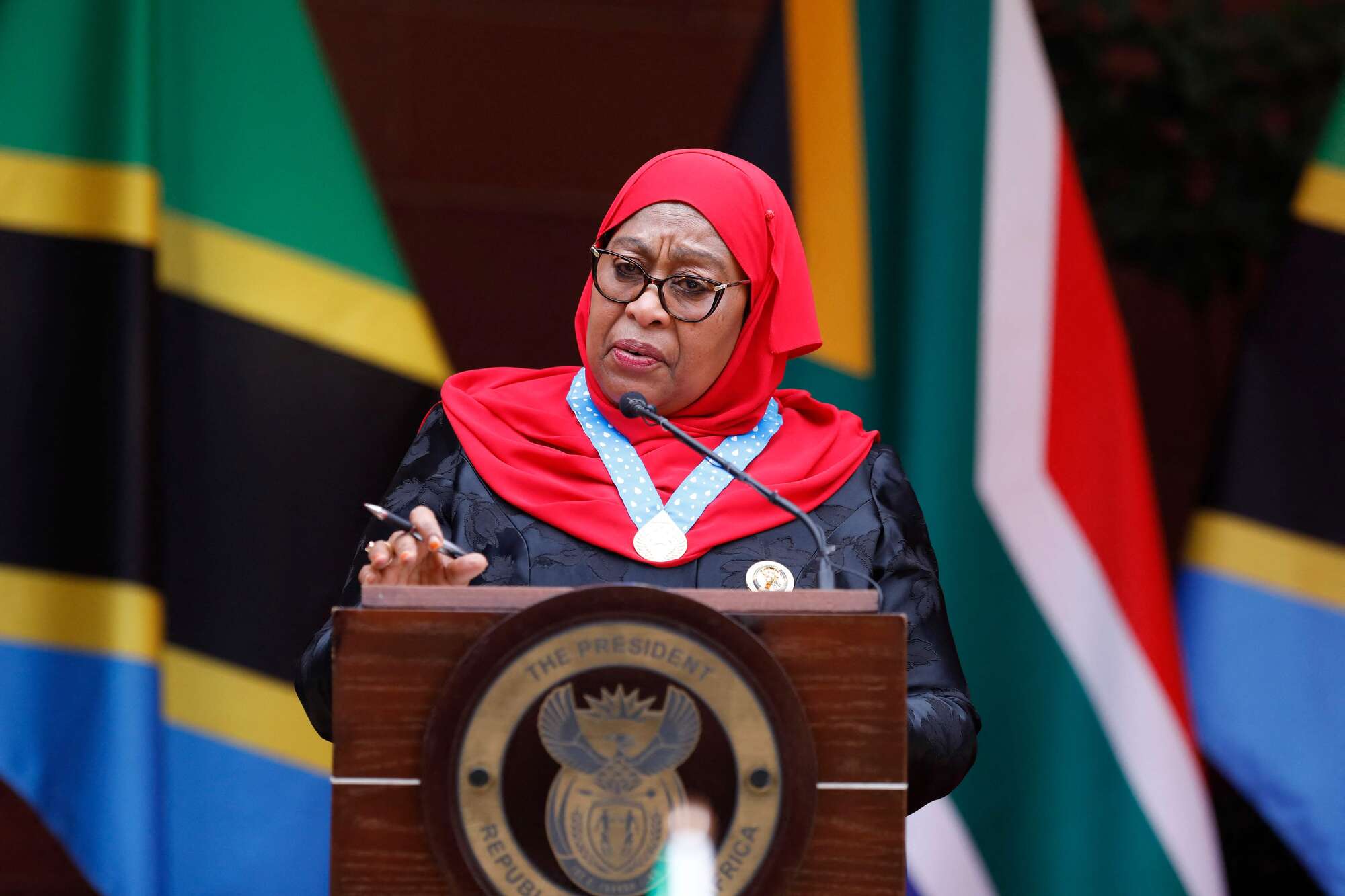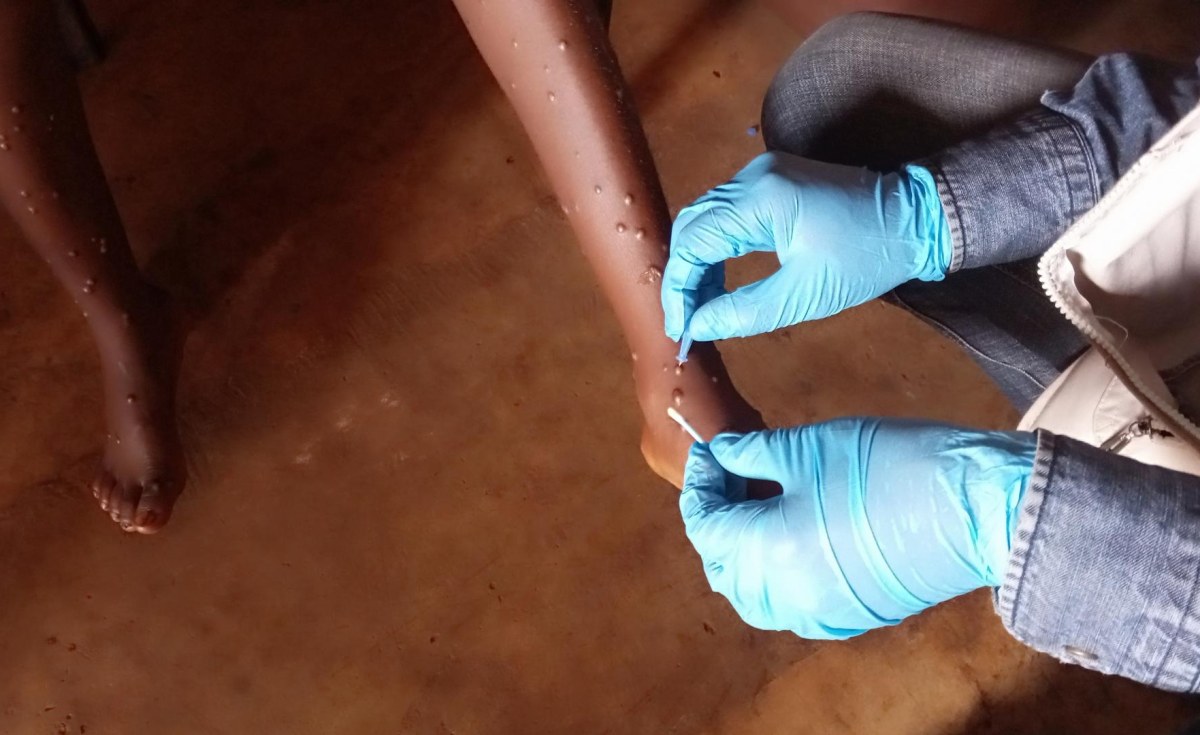
Unguja. The government of Zanzibar has outlined its budget framework for the 2025/26 financial year, projecting a 31 percent increase in expenditure to Sh6.8 trillion.
In the 2024/25 financial year, the budgetary allocations were to the tune of Sh5.182 trillion.
The minister of State, President Office [Finance and Planning], Dr Saada Mkuya presented the budget framework on Wednesday February 26 during the 18th meeting of the House of Representatives yesterday.
She said that the revenue estimates are based on the government’s planned policy reforms and strategic revenue collection measures, which will be detailed during the budget approval process.
“The government will continue its role in mobilising financial resources to fund strategic plans, particularly projects that accelerate economic growth while ensuring sustainable public debt management,” she said.
“The government has already introduced a Sukuk bond (Islamic bond) for the domestic market, providing an opportunity for Tanzanians, companies, and various civil society institutions to invest in this bond,” she said.
Dr Mkuya said that revenue projections consider domestic collection capacity, economic benchmarks, and expected commitments from development partners supporting national development initiatives.
Of the total budget, Sh2.104 trillion is expected to be generated from domestic sources, while Sh2.460 trillion would be sourced through internal and external loans for development projects.
According to her, Sh1.966 trillion would come from development partners, including Sh1.429 trillion in loans and Sh416.64 billion in grants, with Sh120 billion earmarked for budget support.
Dr Mkuya noted that Zanzibar’s reliance on external budget support is declining due to improved domestic revenue collection.
The dependence level for the 2025/26 financial year is projected to stand at 6.1 percent, which remains within sustainable limits outlined in the CCM’s manifesto.
Dr Mkuya said the ministry will continue mobilising financial resources to fund strategic government initiatives, particularly projects that drive economic growth while ensuring sustainable public debt management.
Priorities outlined
The government’s strategic focus for the 2025/26 financial year includes leveraging the Blue Economy, advancing economic reforms, strengthening the enabling environment, enhancing infrastructure, and promoting human development and social welfare.
The initiatives are aimed at fostering good governance and sustainability, she said.
Dr Mkuya explained that efforts to develop the Blue Economy will continue through policies and strategies that improve marine-based industries, including seafood processing and marine tourism.
The government has allocated Sh471.17 billion for infrastructure development, which includes the construction of an integrated port at Mangapwani, expansion of the Mkoani and Shumba ports, construction of a passenger terminal at Mpigaduri, and the establishment of fishing ports at Shumba and Kizimkazi.
Investments will also be made in marine tourism, island-based investments, beach front sports facilities, and maritime transport infrastructure, such as sea taxis, according to the minister.
Economic transformation remains a priority, with plans to enhance digital infrastructure, industrial zones, and economic free zones to attract both local and foreign investors.
The government has set aside Sh207.22 billion for the initiatives, which include the enhancement of marine resources, acquisition of fishing vessels, and establishment of seafood processing and storage facilities.
Infrastructure development will focus on improving transport and energy systems, particularly in tourist areas, alongside ensuring reliable electricity supply and access to clean water.
The government also aims to boost agricultural productivity by implementing sectoral reforms, increasing food production infrastructure, and promoting the cultivation of alternative crops such as spices for export.














